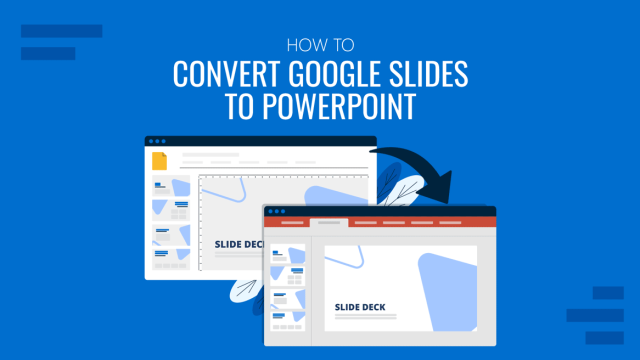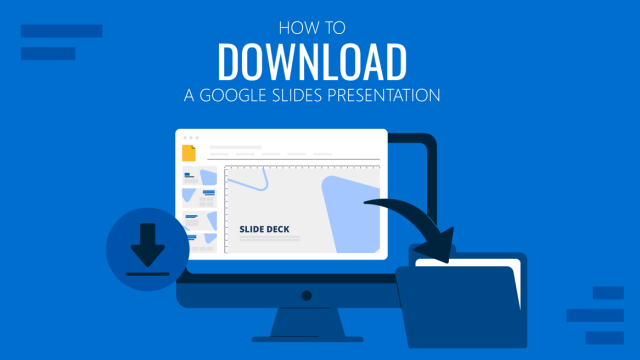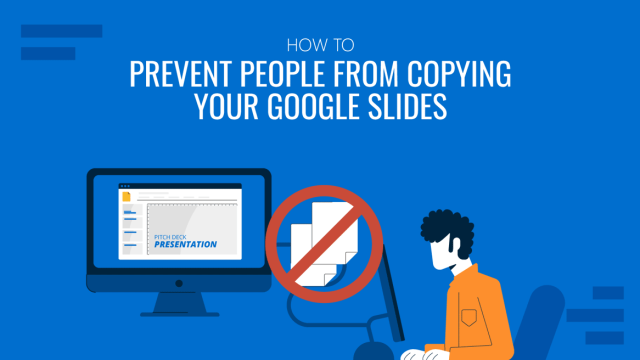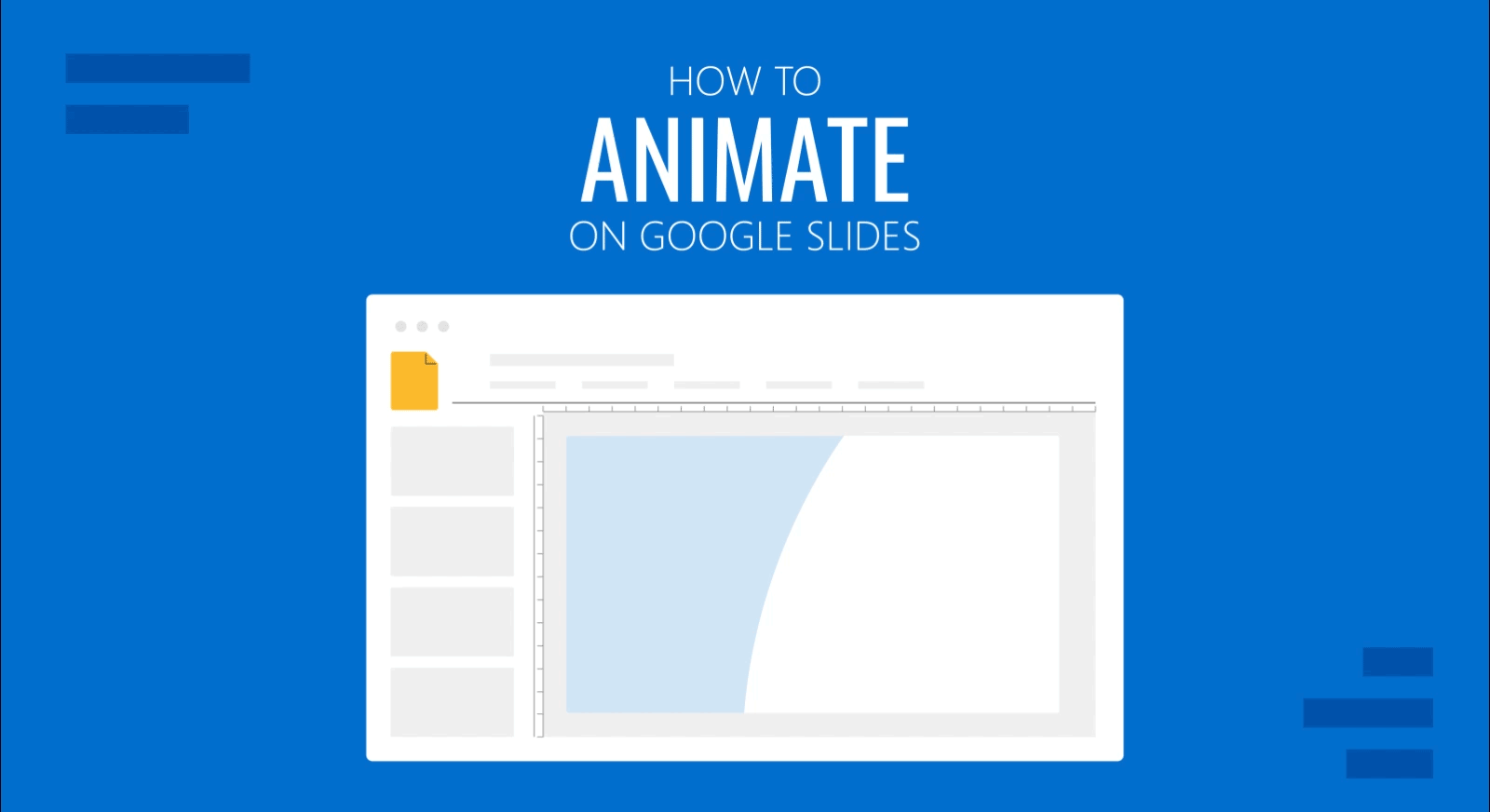
Animations, when used in moderation, can help create visually appealing presentations. Like PowerPoint, Google Slides animations can be a great way to make the most out of your slide decks. While some Google Slides templates might come with pre-defined animated sequences, you can add your animations to add movement to slide objects and make them appear or move in different directions.
How to Animate Google Slides
To animate Google Slides, select an object from the slide you wish to animate and go to Insert -> Animate to select an animation to apply to the selected object.
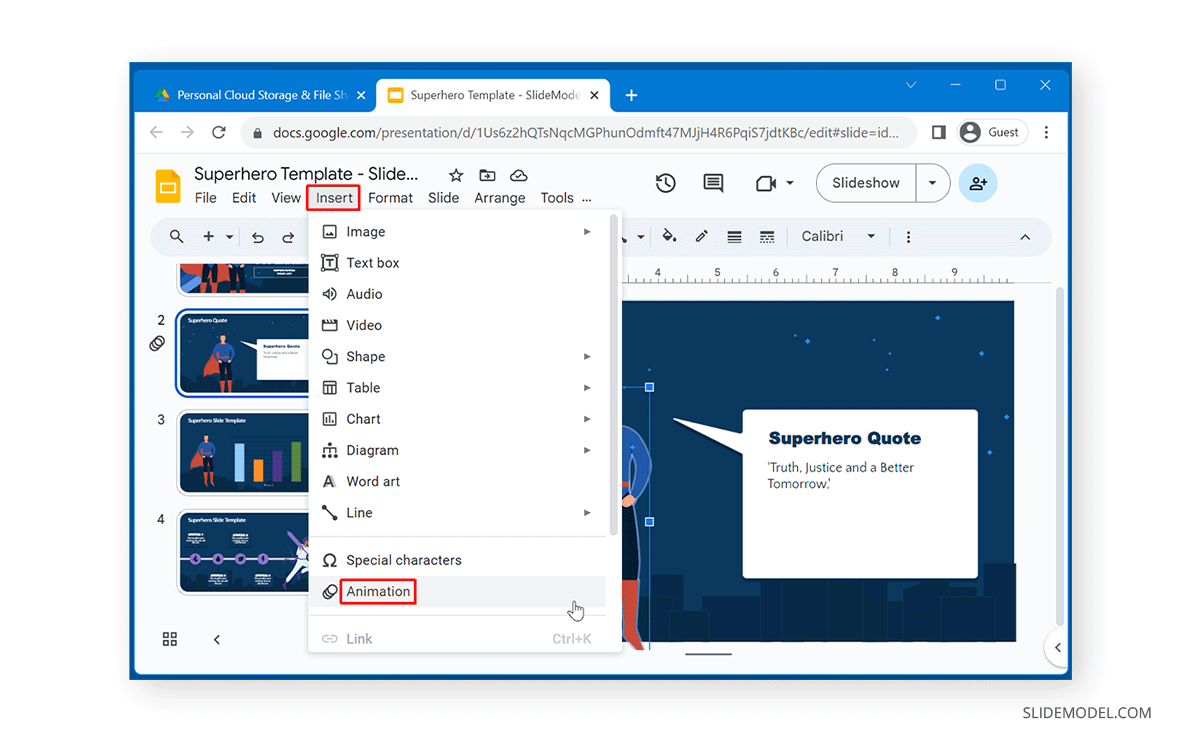
The Animations panel provides various options to animate objects. To animate your Google Slides presentation, you can select an animation type its trigger, and even apply multiple animations via the Add animation option.
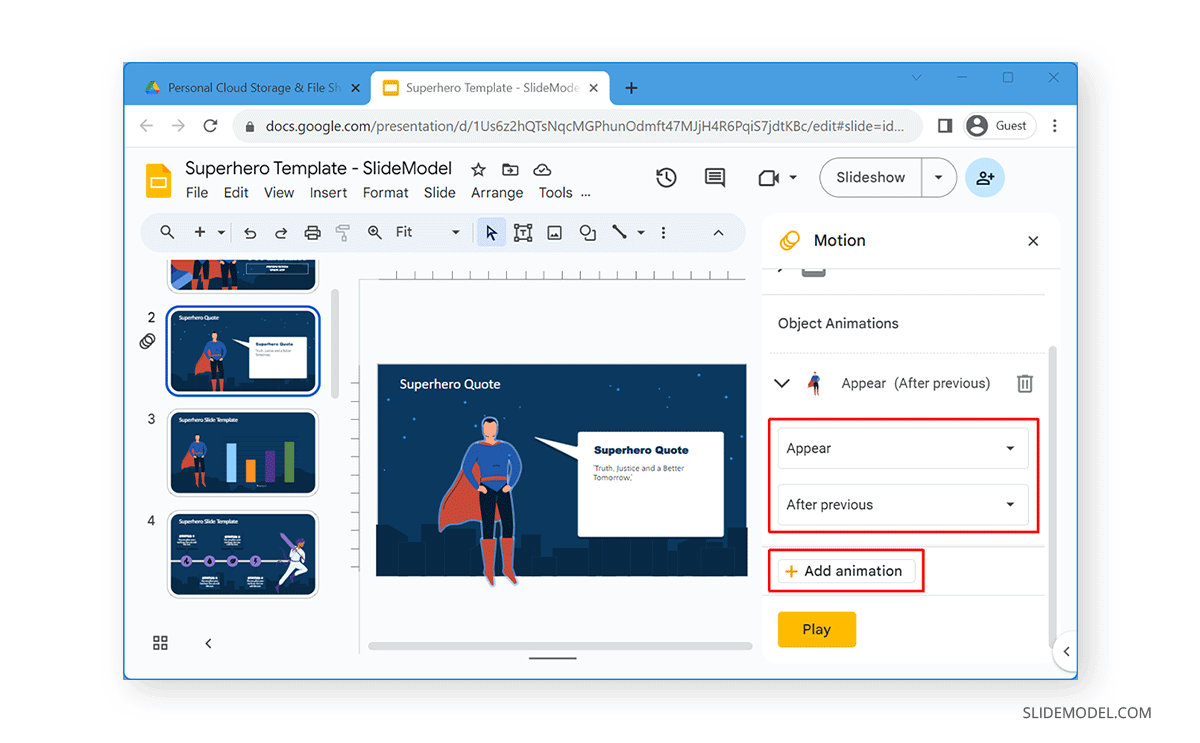
Select Animation to Apply to an Object
Like PowerPoint, there are a range of animations that can be used in Google Slides, such as appear, disappear, fade (in or out), fly (in and out from various directions), zoom (in or out), and spin.
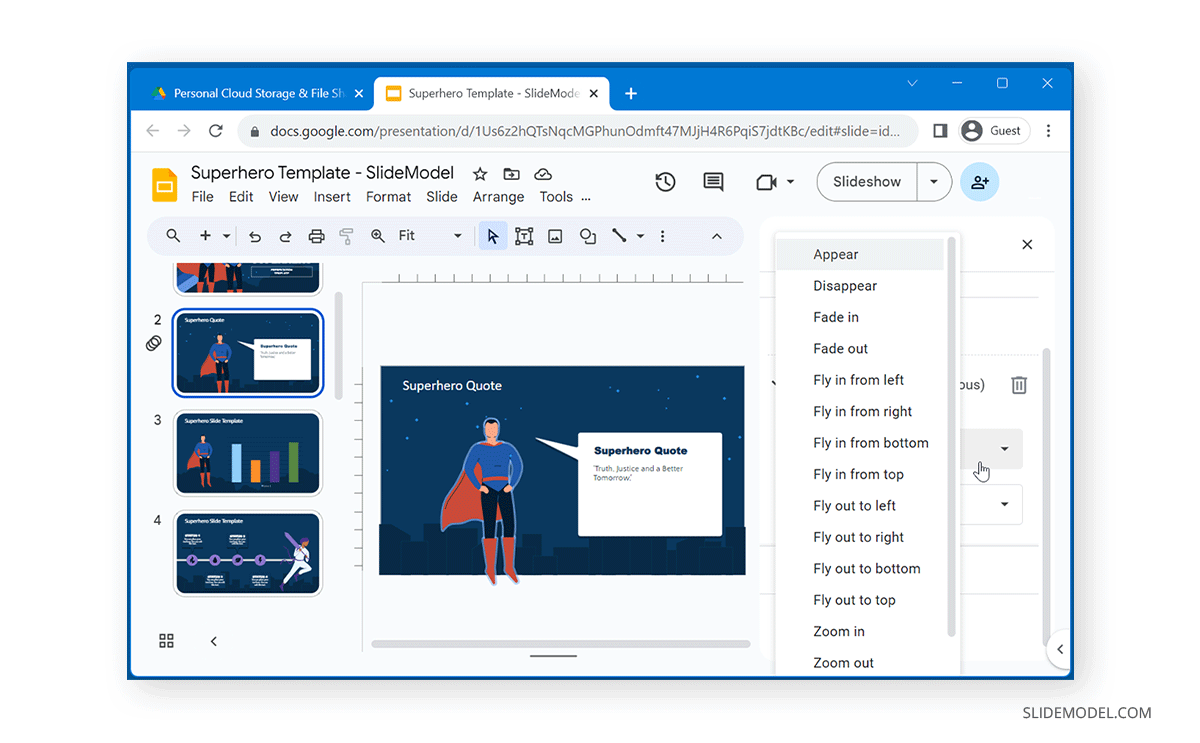
Select when to Trigger the Animation
The selected animation can be triggered on click, after, or with the previous slide.
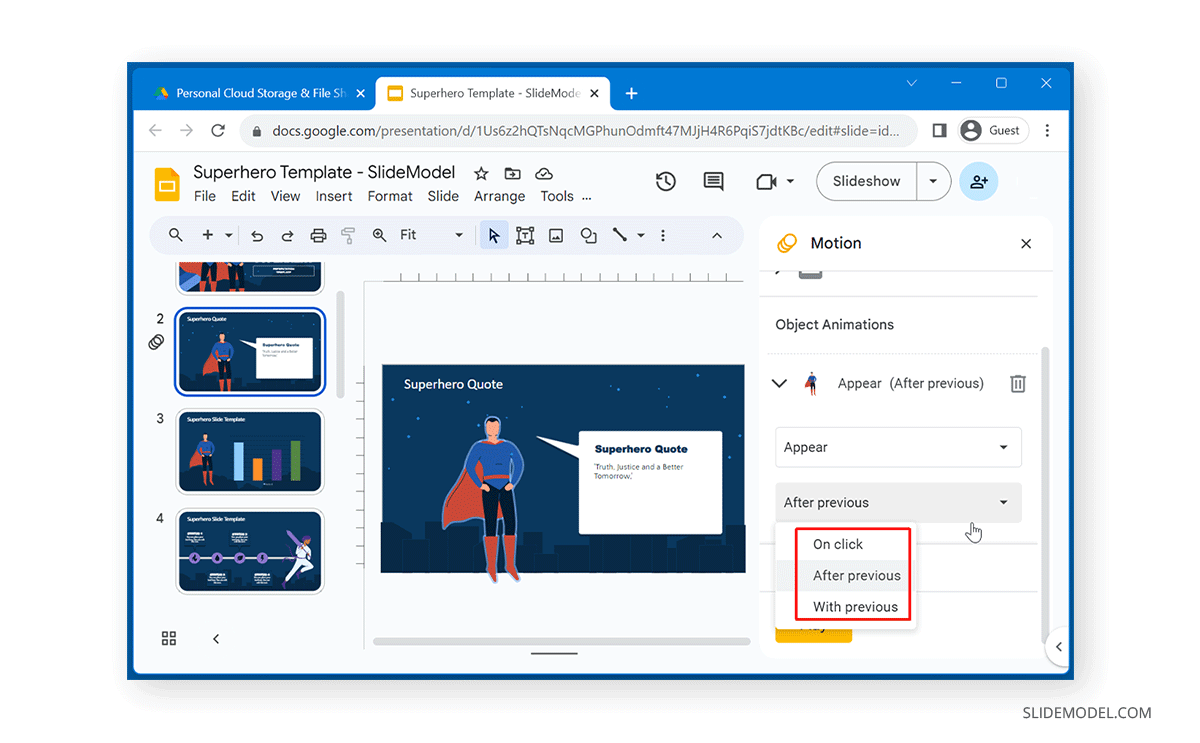
Customize Animation Speed
You can also select the speed of the animation to customize how your object appears on screen.
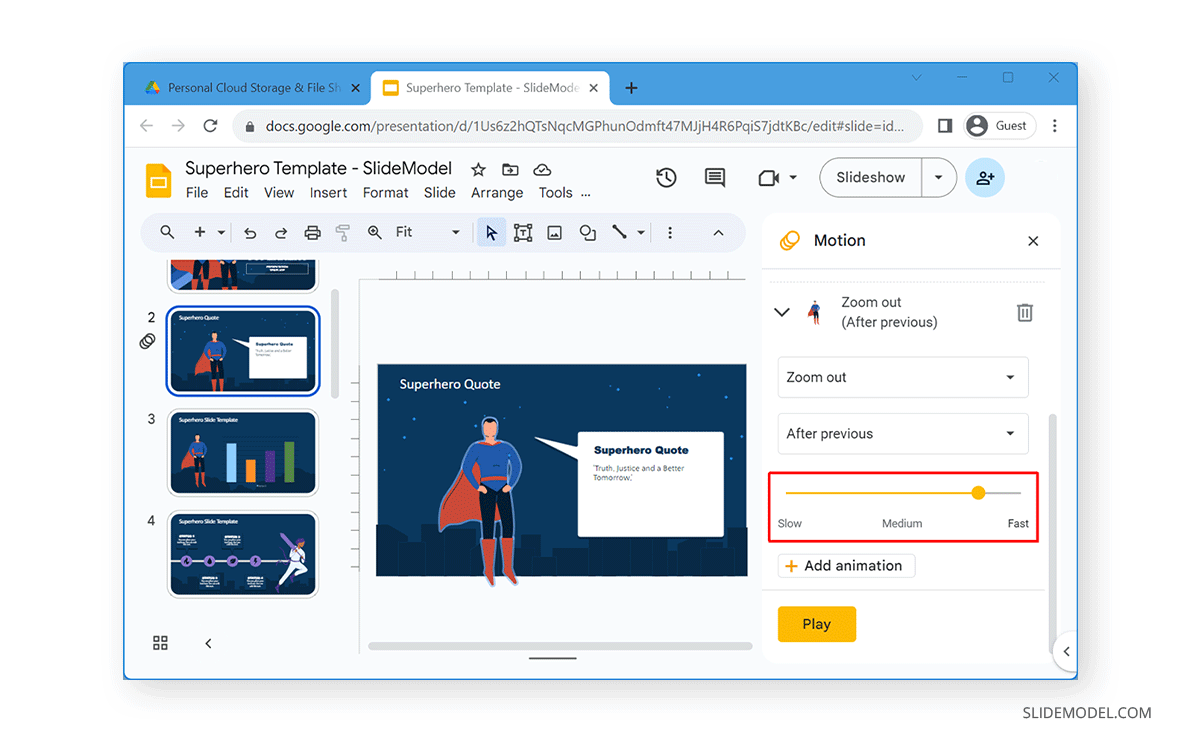
Preview Animation in Google Slides
Once you add animations to your Google Slides presentation, click Play to preview the animation.
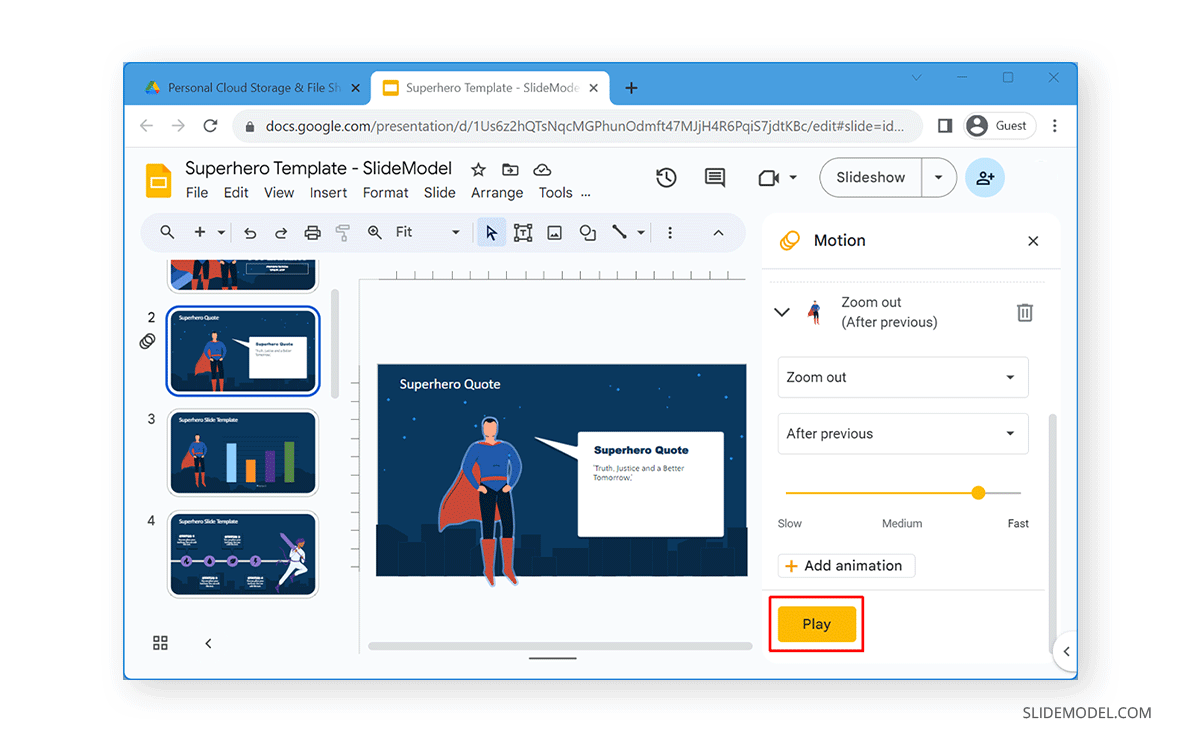
The below example shows an animated character in Google Slides. By animating objects, you can create interesting animated sequences in Google Slides to avoid making slide decks that might lead to death by PowerPoint.
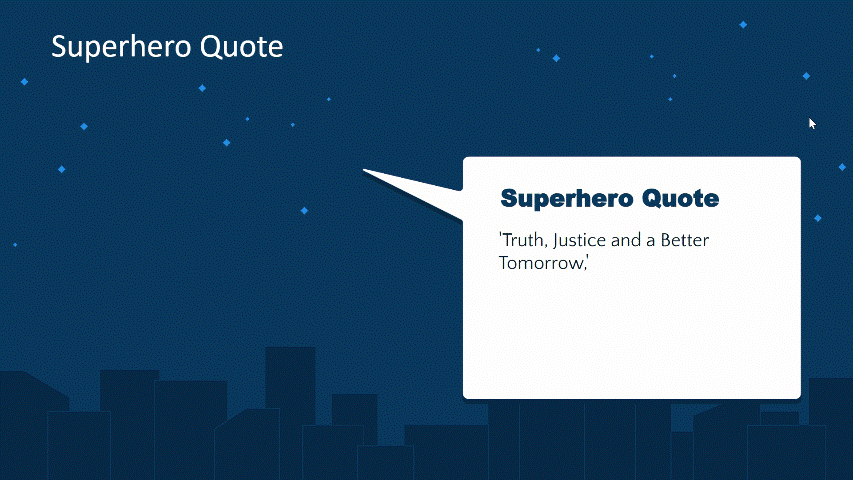
FAQs
How do I add animations to Google Slides?
To add animations in Google Slides, select the object you want to animate, go to the menu bar, and click Insert -> Animate. This will open the Animations panel, where you can choose the type of animation, trigger, and other settings.
What types of animations are available in Google Slides?
Google Slides offers several animation types, including appear, disappear, fade (in or out), fly (in or out from various directions), zoom (in or out), and spin. These animations can be applied to objects such as text, images, and shapes.
How can I trigger an animation in Google Slides?
Animations in Google Slides can be triggered in three ways:
– On click: The animation plays when you click the slide.
– After previous: The animation plays immediately after the previous animation finishes.
– With previous: The animation plays simultaneously with the previous animation.
Can I customize the speed of animations in Google Slides?
Yes, you can customize the speed of animations in Google Slides. Once you have selected the animation, you can adjust its speed using the “Speed” slider in the Animations panel.
How do I preview animations in Google Slides?
To preview animations in Google Slides, open the Animations panel and click the “Play” button. This will allow you to see a preview of how the animations will look during your presentation.
Is it possible to add multiple animations to a single object in Google Slides?
Yes, you can add multiple animations to a single object in Google Slides. After selecting the object and adding the first animation, click “Add animation” in the Animations panel to apply additional animations.
How can I remove an animation from an object in Google Slides?
To remove an animation from an object, open the Animations panel, select the animation you want to delete, and click the “X” button next to it.
Can I animate text in Google Slides?
Yes, you can animate text in Google Slides. Select the text box containing the text, and then add animations from the Animations panel just like you would with any other object.
What is the best practice for using animations in Google Slides?
The best practice for using animations in Google Slides is to use them in moderation. Overusing animations can make your presentation look unprofessional and distract from your content. Use animations to emphasize key points or to add visual interest without overwhelming your audience.
Final Words
When presenters ask how to make Google Slides look good, Google Slides animations are an obvious answer by animating one or more objects. You can easily create a sequence that can help take the audience on a visual journey that cannot be offered with static slides that can often make the audience lose interest. Since many people are likely to have short attention spans due to the changing nature of the way people work and absorb information through digital devices, animations can be a good method to alert the audience from time to time visually. However, animations should be used in moderation and after careful consideration, or the slide deck might end up looking unprofessional, and the slides might seem out of place.
